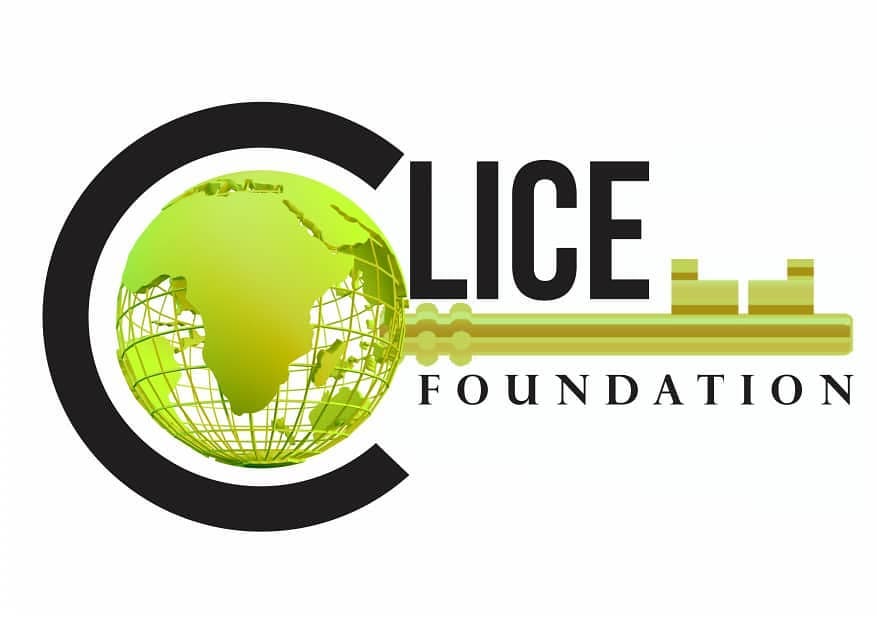CLICE Foundation has participated in several multi-stakeholder advocacy and policy dialogue in the Niger Delta Region.
The Niger Delta region comprises nine states with a population of over 40million people from several ethnic nationalities. Geographically, it is the largest wetland in Africa, stretching over 20,000km2 with marine, brackish and freshwater ecosystems. In terms of wealth, the region accounts for 35 billion barrels of proven oil reserves, with an even larger natural gas deposit and accounts for over 80% of Nigeria’s foreign exchange earnings. In spite of the abundance of resources, the host communities are hitherto plagued with development challenges that stem from the political economy of oil and gas which over the years has resulted in environmental degradation, therefore, making it impossible for agricultural activities to thrive, poverty, infrastructural deficit, persistent crisis and conflict.

The impact of oil activities in the region is of far-reaching implication, displacement, health challenges and displaced livelihood has become a new normal. Oil pollution has heavily impacted the wetland, rivers, swamps and creeks of this region, destroying the mainstay of the people, which is farming and fishing.

During CLICE Foundation’s implementation of the UKaid- DFID funded Market Development Programme in the Niger Delta (MADE) I & II intervention, we find out that States like Akwa-Ibom, Rivers, Delta, Bayelsa and part of Cross River State recorded a downward slope in the supply and availability of wild captured fish due to environmental pollution.
The alternative means such as fish farming is staggered due to lack of potable water for the fish to survive in earthen and trampoline ponds.




The Strategic Implementation Work Plan
In 2019, we played the lead role in developing the Cross River State Strategic Implementation Work Plan (SIWP) for the Niger Delta New Vision and this was presented to the Presidency. The SIWP provides a framework for coordination of investments in development and stabilisation interventions in the Niger Delta Region. It harmonises projects across the Niger Delta, through participatory partnerships between the Federal & State Governments, Private Sector, and Local Communities.


The Petroleum Industry Bill (PIB) and the Host Communities
The Host and Impacted component of the Petroleum Industry Bill (PIB) provides a framework to govern host communities development, seeks to provide direct economic benefits from petroleum operations to host communities, and to improve peaceful coexistence between host communities and oil companies (also known as settlors) involved in petroleum production.
Based on feedback from critical stakeholders that the Host Communities component of the bill may cause a sticking point due to the lack of alignment between the expectations of host communities and the content of the bill, in December 2021, CLICE Foundation participated in designing and developing robust engagement plans towards increasing public awareness and demand for the effective passage of the PIB alongside other Civil Society Organisations and the Media.



Clice Foundation is a member of the the Niger Delta Dialogue (NDD) and a member of the Women in Extractive remote network where we constantly get updated on current trends in host communities.
Partners
Cross River State Ministry of Agriculture.
Headquarters, 13 Brigade Barracks, Calabar
Ministry of Women Affairs & Social Welfare
Cross River State Ministry of Sustainable Development and Social Welfare
Nigerian Immigration Service, Cross River State Command
Nigeria Legion, Calabar
American Spaces Calabar
Development Alternative Inc. (DAI)-Europe
Department for International Development (DFID)
Chevron Foundation for Partnership Initiative in the Niger Delta (PIND).
Networks:
Lorem ipsum dolor sit amet, consectetur adipiscing elit. Ut elit tellus, luctus nec ullamcorper mattis, pulvinar dapibus leo.
